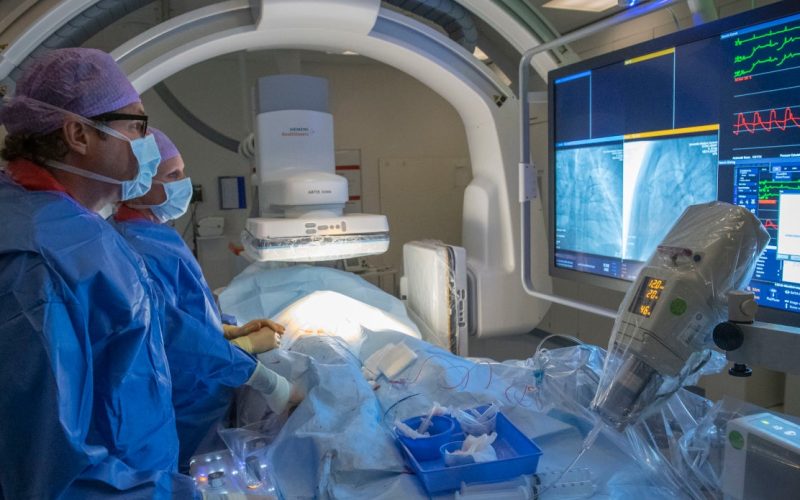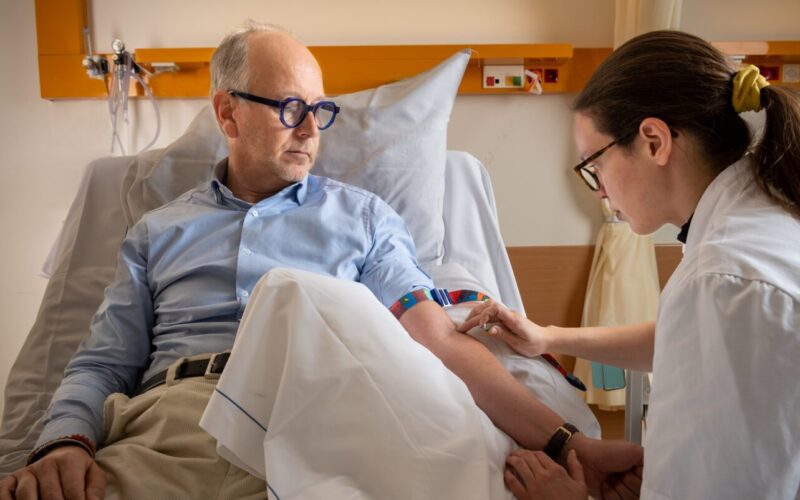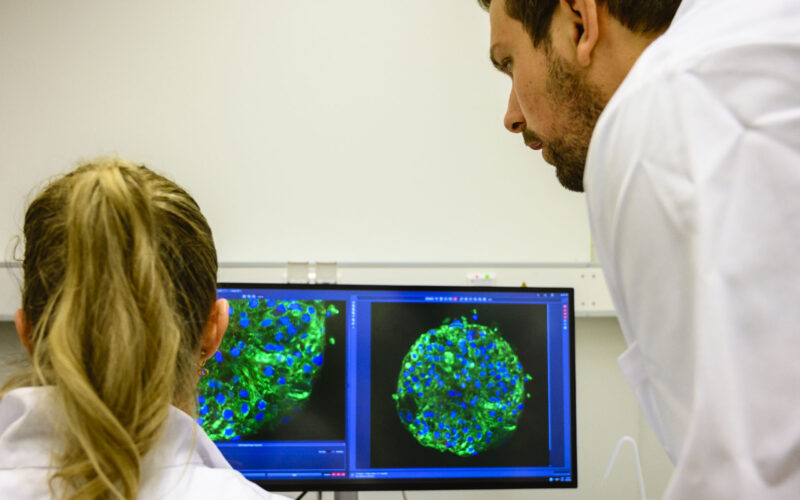This research approach aims to provide top-tier imaging services for cardiovascular patients by using guideline-recommended, state-of-the-art methods and developing new clinical imaging techniques. The focus includes common and rare cardiovascular diseases, as UMC Utrecht is a tertiary referral center. These diseases include ischemic and non-ischemic cardiomyopathies, congenital heart disease, heart failure, aorta issues, complex peripheral arterial disease, brain aneurysms, strokes, and interactions between the heart, brain, and bones. Additionally, groups with high cardiovascular risk, such as women with reproductive disorders and healthy athletes, are studied. Emphasis is placed on creating fast, reliable, and comprehensive imaging methods, particularly new cardiac and vascular CT and MR imaging techniques and post-processing methods, to bring these advancements to clinical use.
Discover our research groups






